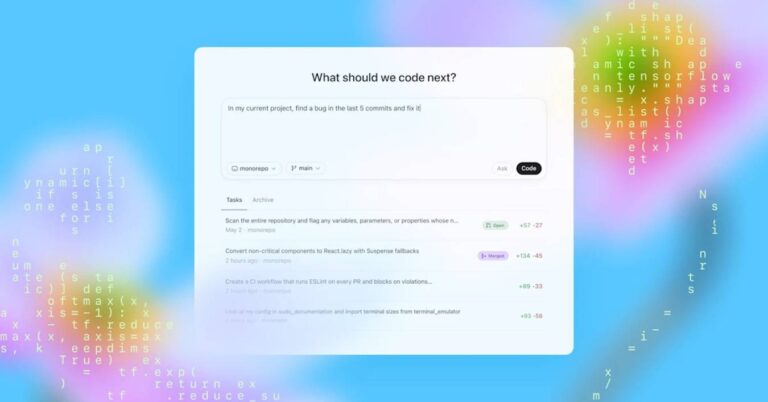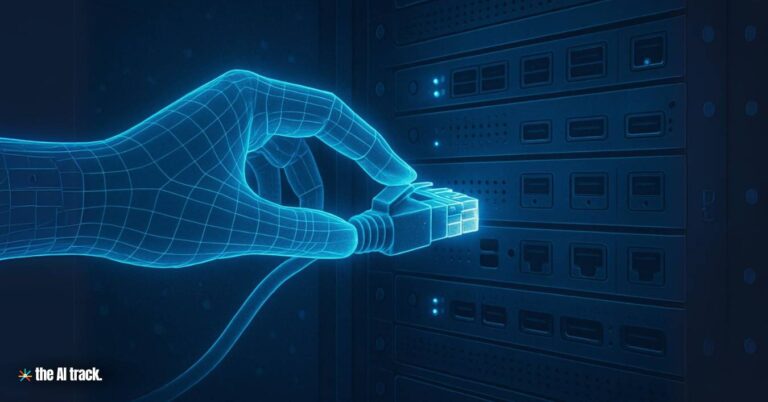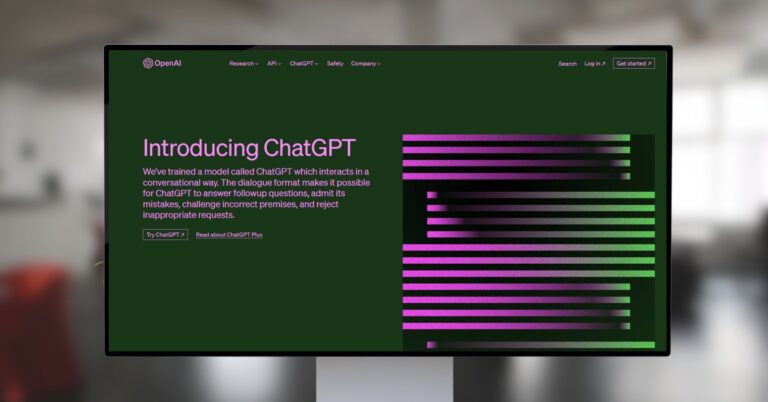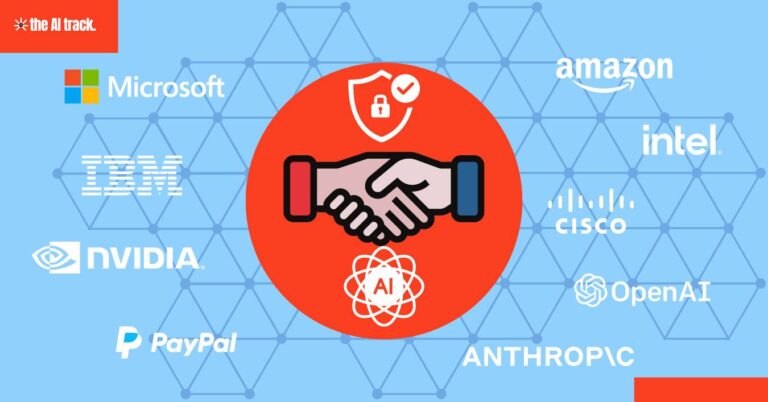OpenAI has introduced Codex AI, an AI-powered coding agent integrated into ChatGPT, designed to automate and enhance software development tasks. Codex marks a strategic expansion for OpenAI into the AI-assisted programming market, aiming to become a foundational tool in the developer ecosystem.

OpenAI Launches Codex AI – Key Points
Launch and Integration:
On May 16, 2025, OpenAI launched Codex AI as a research preview for ChatGPT Pro, Enterprise, and Team subscribers, with Plus and Edu users to follow. Codex is embedded into ChatGPT’s sidebar and powered by codex-1, a variant of the o3 reasoning model optimized for code. It represents OpenAI’s iterative approach to AI deployment, similar to the early launch of ChatGPT.
Functionality:
Codex AI runs in an isolated, cloud-based sandbox with access to user code repositories via GitHub. It can generate code from natural language, fix bugs, run tests, propose pull requests, and edit files. Each task runs in its own environment with preloaded dependencies, and tasks typically complete in 1–30 minutes. Engineers assign tasks using the “Code” and “Ask” buttons. Codex also supports real-time monitoring and traceable logs of test results and terminal outputs.
Performance and Access:
Codex currently offers “generous access” for free during its preview period. Rate-limited access and flexible paid tiers will follow, allowing additional usage on demand. The Codex CLI version (codex-mini-latest) supports lower-latency workflows and is priced at $1.50 per million input tokens and $6 per million output tokens, with a 75% caching discount.
Strategic Positioning:
Codex complements OpenAI’s acquisition of Windsurf ($3B), bolstering its coding agent portfolio. It enters a competitive space alongside Google’s Gemini Code Assist and Anthropic’s Claude Code. Tools like Cursor (valued at $9B with $300M ARR) further highlight the scale of AI coding markets that OpenAI is targeting.
Internal Use and Expansion:
OpenAI uses Codex internally to automate repetitive tasks, triage bugs, scaffold features, and draft documentation. The agent is designed to reduce context-switching and improve developer focus. Early testers (Cisco, Temporal, Superhuman, and Kodiak) have adopted Codex to refactor large codebases, improve test coverage, debug faster, and integrate lightweight code changes.
Safe, Verifiable Execution:
Codex AI operates with no internet access, ensuring secure execution limited to configured inputs. It uses AGENTS.md files to understand repositories and adheres to specific project standards. The system offers transparency by citing logs and test outputs, enabling developers to trace and review actions. Codex was trained with real-world SWE tasks and reinforcement learning to match human preferences in pull requests and patch style.
Safety and Limitations:
Codex refuses to generate malicious software and includes reinforced safeguards based on OpenAI’s o3 system card. While capable, it still makes errors, particularly in debugging. Users must validate outputs before production integration. Current limitations include lack of image input support, no mid-task intervention, and slower interaction than hands-on editing.
Vision and Future Plans:
OpenAI envisions a hybrid model of real-time AI pairing (e.g., via Codex CLI) and asynchronous delegation of tasks. Future updates will enable dynamic interaction during task execution, deeper tool integrations, and support for workflows across issue trackers and CI systems. The goal is to create a unified, AI-augmented coding environment for individuals and teams.
Why This Matters:
Codex AI elevates ChatGPT from conversational AI to an enterprise-grade coding assistant. By integrating automated software engineering capabilities, Codex not only boosts productivity but also reshapes how developers and teams manage workflows. Its rollout signals a transformative shift in coding practices, toward asynchronous, multi-agent collaboration powered by AI.
Google introduces Gemini Code Assist for Individuals, offering 180,000 free code completions monthly, challenging GitHub Copilot’s dominance in AI-powered developer tools.
Read a comprehensive monthly roundup of the latest AI news!






